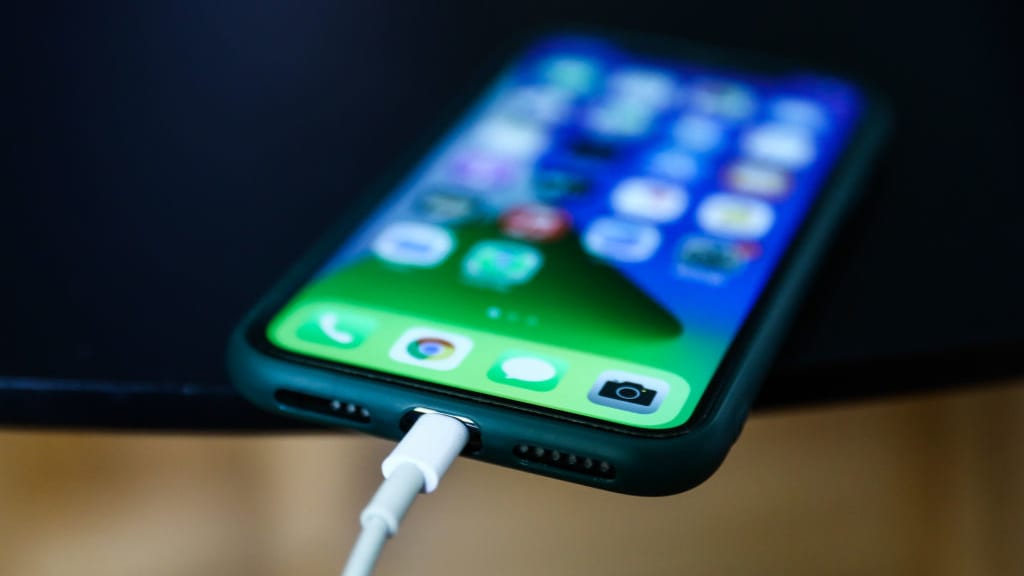FBI warns against using free public phone charging stations


A free daily email with the biggest news stories of the day – and the best features from TheWeek.com
You are now subscribed
Your newsletter sign-up was successful
The FBI wants you to think twice before using free public charging stations for your phones, computers, or tablets.
The agency's Denver field office recently issued a warning on Twitter, saying that "bad actors have figured out ways to use public USB ports to introduce malware and monitoring software onto devices." This is called "juice jacking," the FBI said, and to avoid it, people should stop using "free charging stations in airports, hotels, or shopping centers" and "carry your own charger and USB cord and use an electrical outlet instead."
Other tips from the FBI include taking precautions when connecting to public WiFi and not conducting sensitive transactions like purchases, and creating "strong and unique" passwords for online accounts. These passwords should be changed often, and the FBI warns that "using the same passphrase across several accounts makes you more vulnerable if one account is breached."
The Week
Escape your echo chamber. Get the facts behind the news, plus analysis from multiple perspectives.

Sign up for The Week's Free Newsletters
From our morning news briefing to a weekly Good News Newsletter, get the best of The Week delivered directly to your inbox.
From our morning news briefing to a weekly Good News Newsletter, get the best of The Week delivered directly to your inbox.
A free daily email with the biggest news stories of the day – and the best features from TheWeek.com
Catherine Garcia has worked as a senior writer at The Week since 2014. Her writing and reporting have appeared in Entertainment Weekly, The New York Times, Wirecutter, NBC News and "The Book of Jezebel," among others. She's a graduate of the University of Redlands and the Columbia University Graduate School of Journalism.
